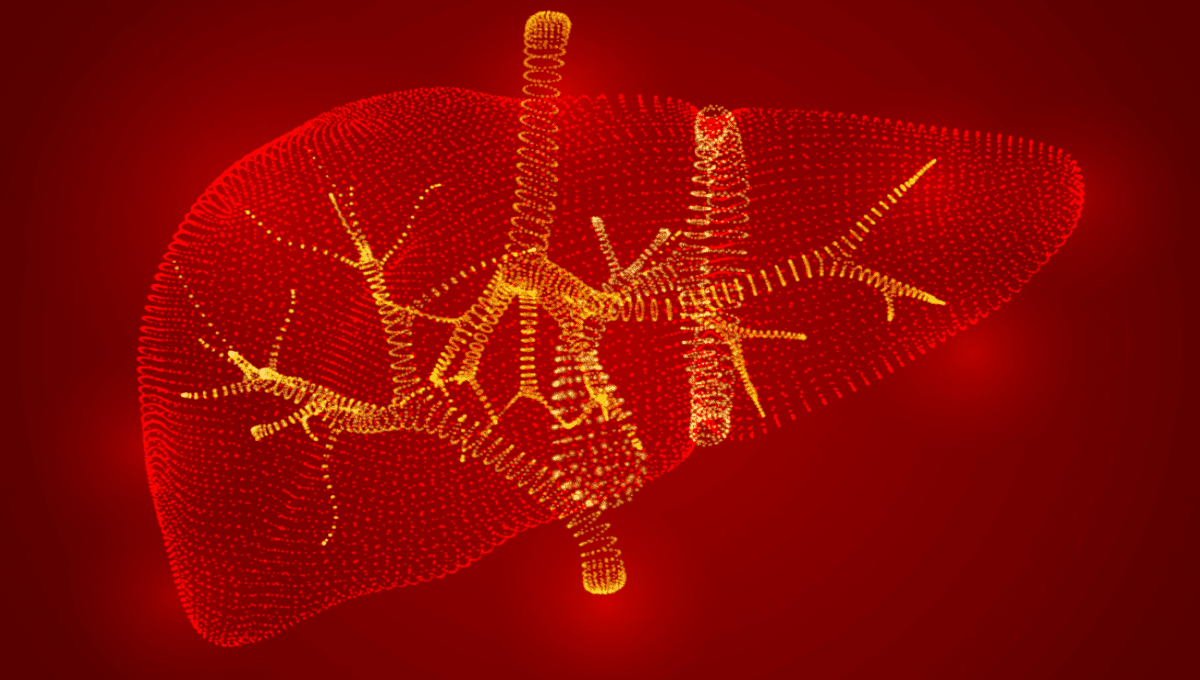
Among human livers exist a small but growing number of “super livers”, which have been transplanted and gone on to remain functional for a cumulative age of more than 100 years. The remarkable discovery has shown how some transplanted organs can not only outlive their original host but also go on to have a functional lifespan beyond that of the average human.
What these super livers, nicknamed centurion livers, could mean for human medicine is huge: they could make viable organs more available as we broaden the pool of potential donors. This is because of the centurion livers studied, most came from older donors.
The researchers took to the United Network for Organ Sharing (UNOS) STARfile in search of centurion livers, something they could find by adding the first life of the liver (in the body it grew in) with its second life spent inside a different body as a donor organ. Of the 253,406 livers transplanted between 1990-2022, 25 earned centurion status with a cumulative age of 100 years or more.
Those 25 centurion livers were then studied for any indications in the data as to what could have helped them last so long. After reviewing the data, a few trends emerged.
“We looked at pre-transplant survival – essentially, the donor’s age – as well as how long the liver went on to survive in the recipient,” said lead study author Yash Kadakia, a medical student at University of Texas Southwestern Medical School, in a statement.
“We stratified out these remarkable livers with over 100-year survival and identified donor factors, recipient factors, and transplant factors involved in creating this unique combination where the liver was able to live to 100 years.”
Centurion livers tended to come from older donors, with an average age of 84.7 compared to non-centurion livers which had an average donor age of 38.5. Older donor age and better donor health were both associated with livers that remained functional for over 100 years (thanks to its regenerative power, most of your liver never gets older than three regardless of your age).
The long-lived livers also had lower levels of enzymes crucial to liver function called transaminases. High levels of transaminases are associated with complications during liver transplantation.
What this could mean for healthcare is a change in the way we consider donor age when deciding who is suitable to act as an organ donor.
“We previously tended to shy away from using livers from older donors,” said study coauthor Christine S. Hwang, MD, FACS, associate professor of surgery, UT Southwestern Medical Center.
“If we can sort out what is special amongst these donors, we could potentially get more available livers to be transplanted and have good outcomes.”
The research team presented their findings at the Scientific Forum of the American College of Surgeons Clinical Congress 2022.
Source Link: Livers Can Outlive Their Humans With The Potential To Function For 100 Years